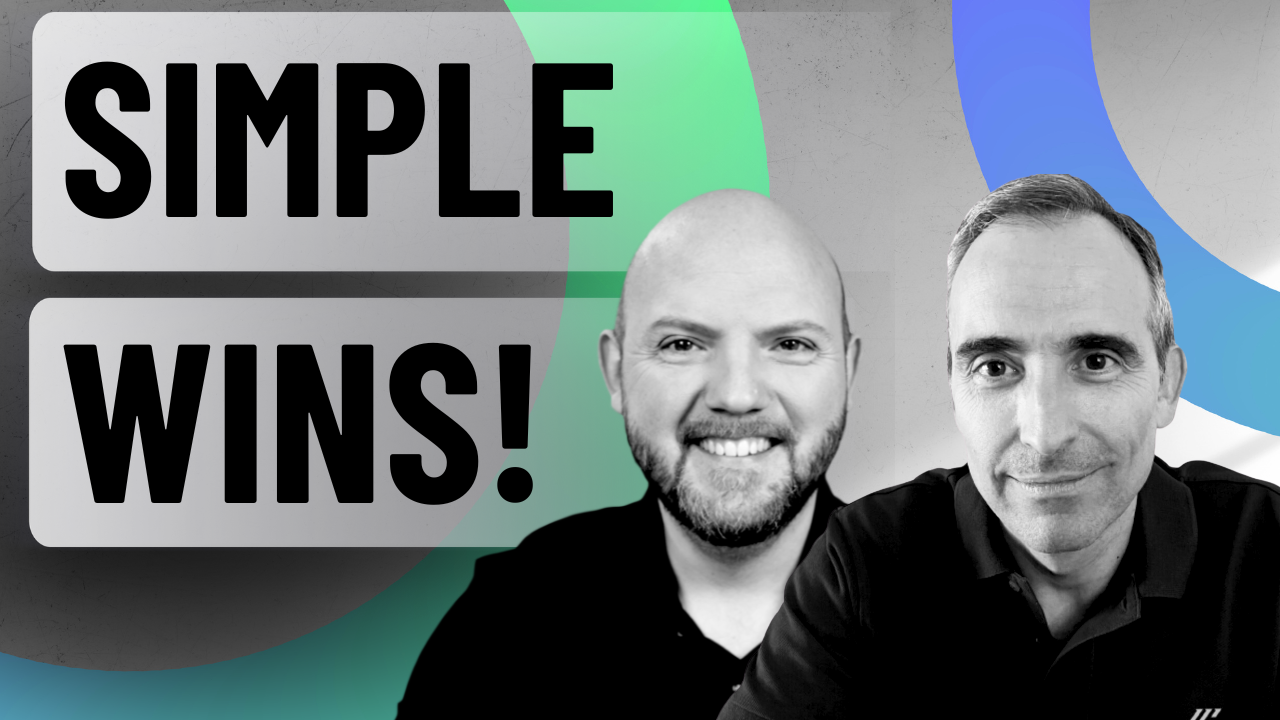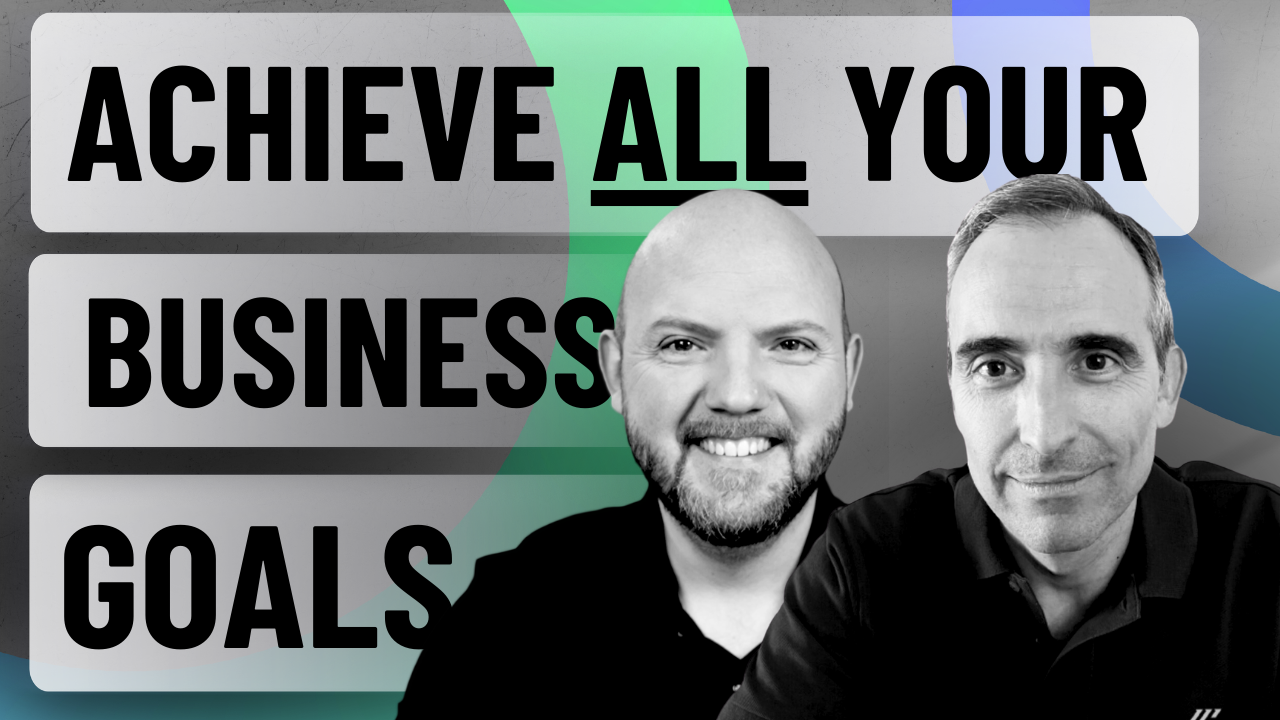In this Productivity like a Pro Podcast Episode by the Paperless Movement®, Tom Solid and Paco Cantero explore the importance of simplifying productivity systems, especially for busy professionals. Drawing from years of experience and collaboration, they share hard-earned lessons about focusing on what truly matters in Personal and Business Productivity. The discussion revolves around reducing complexity, using the right tools, and building strong, simple systems that can scale over time.
The Power of Simplicity in Productivity
Tom Solid and Paco Cantero emphasize how easy it is to get caught in the allure of complex tools and elaborate setups. They caution against overwhelming productivity systems and advocate for focusing on the essentials to achieve the most impact. Their philosophy centers around the 80/20 principle—putting in 20% effort to achieve 80% of the results.
They reflect on ARC Browser’s recent pivot as an example of how businesses, like productivity users, can lose sight of their core purpose. ARC, initially praised for its innovative design and user experience, began adding too many features based on niche user demands, which diluted its original simplicity. This mirrors what often happens in productivity—adding too many tools or layers creates confusion rather than efficiency.
Lessons from ARC and Other Productivity Tools
ARC’s story serves as a cautionary tale for both software developers and productivity enthusiasts. The browser started with a unique value proposition but gradually lost its focus trying to cater to every feature request. Tom Solid and Paco Cantero compare this to tools like ClickUp, which became bloated by trying to do too much too soon, and Heptabase, which evolved from a Personal Knowledge Management tool into broader Business Knowledge Management, risking its initial clarity.
Their advice is clear: Focus on mastering core functionalities before expanding into other areas. Whether it’s Task Management or Project Management, adding too many features at once can overwhelm both users and developers, leading to fragmented experiences.
Building a Solid Productivity Foundation
The hosts stress the importance of separating Personal and Business Productivity and distinguishing between personal work and team collaboration. They advise starting with simple, effective tools and only layering on additional complexity when it’s truly needed.
For Personal Productivity, their recommended tool stack is refreshingly straightforward:
– Heptabase for Personal Knowledge Management
– ToDoist for Task Management
– Asana for planning
– Readwise Reader for consuming and saving content
– Outlook or Gmail for Email Management
– Google Calendar or Outlook for calendar needs
This minimalist setup enables busy professionals to stay focused on what matters most while laying the groundwork for a scalable productivity system.
The Real Cost of Productivity Tools
Tom Solid and Paco Cantero challenge the common resistance to subscription-based software, explaining that high-quality tools deliver exceptional returns on investment. They point out that good software is an essential asset, not an expense. Subscription models fund continuous development, support, and improved user experiences—key elements for professionals who rely on their tools daily.
They also highlight that investing in tools like chatGPT or AI-powered apps makes sense when these solutions significantly improve workflow efficiency, even if they come at a premium price.
Why Busy Professionals Need Frameworks, Not More Tools
Ultimately, the hosts stress that the true solution lies not in more tools but in having a clear framework. The ICOR® Framework, developed by the Paperless Movement®, helps members visualize and optimize their productivity systems effectively. This framework provides a structured approach to selecting and integrating tools based on actual needs rather than hype or trends.
Busy professionals looking for lasting productivity improvements are encouraged to join the Paperless Movement® Membership, which provides comprehensive Courses on Note-Taking, Personal Knowledge Management, Task Management, and Project Management.
By focusing on simplicity, clarity, and proven frameworks, busy professionals can finally stop chasing the latest tool and instead build a streamlined system that delivers real results.



